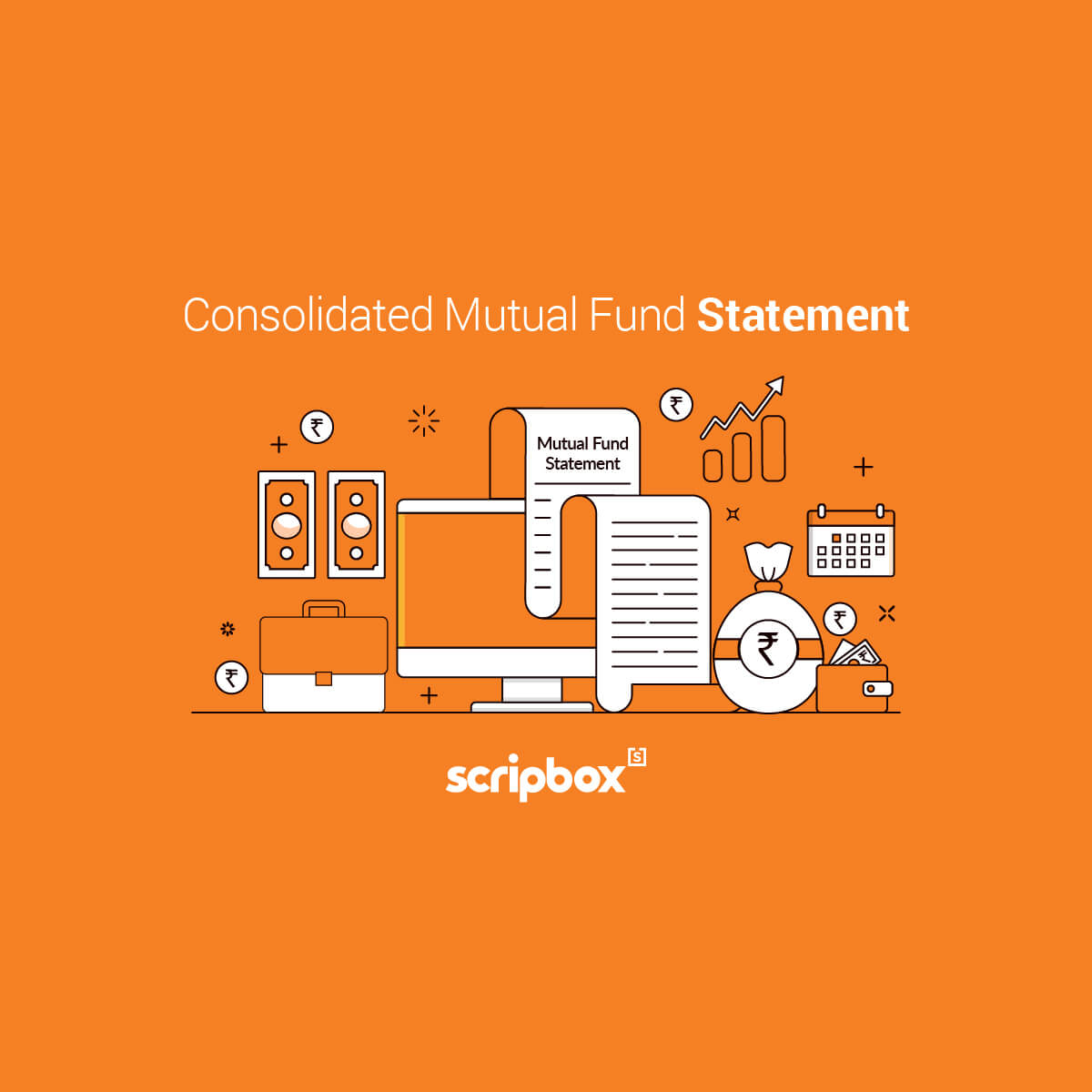Planning Your Investments for Old Age
Retirement is a new phase of life for working individuals. It is the time when you can finally say goodbye to the stresses of work life. Though it can be a little overwhelming for you to make all the decisions about savings for the post-retirement life. But planning for retirement well in advance helps you live those years peacefully. The following article discusses some key information you must know to decide which investment option suits your needs. Here is a comparison of Retirement Fund Vs NPS.
What is a Retirement Fund?
Retirement funds or Pension Funds are an excellent way for individuals to save and invest money. This option allows them to have a source of income after their retirement. They provide regular monthly payments at the time one retires by receiving annuities on investments until death. These pension fund benefits do not depend on fluctuations in assets or market volatility. So they ensure stability during difficult times while still offering higher returns than other types of investment options.
The fund manager invests the money you put into pension funds on your behalf. The income these funds generate contributes to a pool of funds. The amount you receive as interest each year does not depend on the performance of stocks or other investments. It is much easier if you do not have any control over the markets themselves.
Retirement mutual fund plans are a low-risk investment option that offers steady returns and security. For example, pension funds can offer up to 11% growth, depending on the type and the chosen exposure to equity or fixed income.
Use: Retirement calculator to find returns on your investment.
Check Out Best Retirement Plans
How Does a Retirement Fund Work?
Opting for a traditional retirement fund means you will be rewarded in your later years. With the average person living until they are 82, it is vital to plan ahead and invest wisely so that someone can reap those benefits after retirement age. In retirement funds, you can create a corpus by contributing a monthly contribution (SIP) or lump sum. These funds have fund managers who invest in equity according to your risk profile. Some of these funds usually invest in low-risk investment options like Government securities etc. In some cases exposure towards equity is high. It is also a method to protect yourself from inflation.
Who Should Invest in a Retirement Fund?
Pension plans are a sound way to prepare for the future. It not only provides savings and investments to be used in everyday life but also offers peace of mind. This is because pension funds come with less risk than other forms of investment. Investors will have assurance knowing their money is secure.
There are three different types of retirement fund plans that people can choose from. The first type of scheme invests solely in debt profiles to keep your investments extremely safe. They are ideal if you are a conservative borrower. You can also opt for the unit-linked plan which mixes both equity and debt profiles equally. It offers higher returns with slightly more risk than instruments that invest in debt alone. Additionally, there are many different types of pensions available that allow people to plan according to their unique financial needs.
What is NPS?
The National Pension Scheme (NPS) is a social security scheme by the Central Government. This pension scheme is available for all employees working in the public, private, and even the unorganized sectors. All citizens except those in the armed forces can avail the benefits of NPS. It encourages people to invest regularly during their course of employment into an NPS account for retirement benefits. Once you retire you will get a monthly pension depending on the money you have invested over time.
Previously, the National Pension Scheme was only open to Central Government employees. However, recent changes were made in Indian pension plans by PFRDA (Pension Fund Regulatory and Development Authority of India). The NPS scheme is now available on a voluntary basis for all citizens of the country. It is an invaluable investment option for an individual who works outside of government employment. It commits regular pension after retirement. NPS also offers tax benefits under Section 80C & Section 80 CCD.
Use: NPS Calculator to Calculate Returns on Investment
Retirement Fund Vs NPS – Difference Between Retirement Fund and NPS
Both Retirement fund and NPS have common objectives but still, there are few points of difference. A comparison of Retirement Fund Vs. NPS shows the following differences:
Taxation
Section 80CCC is applicable to investments in retirement funds. Under this, any contribution made towards mutual funds is exempt from tax. The contribution must be up to a maximum amount of Rs 1.5 Lakhs per financial year. All withdrawals are taxable at rates depending on the existing ones (and annuity). In the case of NPS exemption is of Rs. 2 Lakhs under Section 80CCD (1) and Section 80CCD 1(B). Purchase of annuity from NPS corpus comes under tax exemption. Any income that your annuity generates will attract taxes.
Withdrawal
In some cases, under retirement funds, you can withdraw money for medical purposes. The National Pension Scheme allows partial withdrawals up to 25% under Tier 1 scheme.
Flexibility
While investing in a retirement fund you can opt for a lump sum or systematic investment plan (SIP). In the National Pension Scheme, you can choose between Auto choice or Active choice. An auto choice is a default option. Under this, a manager is appointed as per your profile to take care of investments. In Active choice, you are free to decide among asset classes. You also have the option to do different allocations to funds with a maximum cap of 50%. You can also change the fund manager as per performance in active choice.
Insurance
Under retirement funds, most pension policies cover life insurance. They also allow you to withdraw some money for medical emergencies. The only pension is covered under the National Pension Scheme.
Which is a better retirement investment option? Retirement Fund or NPS
NPS is a great option for those looking to plan and retire without any worries. Retirement funds, on the other hand, should be taken up if you have pre-set goals. It simply means you are saving for certain goals that are clearly set out beforehand. Though equity mutual funds are some of the smartest investments, they come with a slight risk. Whereas, under NPS your exposure towards equity is capped to 50% in Tier1. So it is advisable to read all details of both documents before finalizing as both have their merits.
Explore:
- Mutual fund Vs Fixed Deposit – Which is Better?
- Direct Vs Regular Mutual Fund – What is the Difference?
- Sensex Vs Nifty – What is the Difference?
- Small Case Vs Mutual Fund – Which is Better Investment?
- Absolute Return Vs CAGR – Which is Better?
- Planning Your Investments for Old Age
- Confused if your portfolio is performing right enough to meet your goals?
- How long have you been investing in mutual funds?
- What is your current portfolio size?
- What is your approximate annual household income?
- Your profile does not qualify for a call with a Financial Expert.
- What is a Retirement Fund?
- How Does a Retirement Fund Work?
- Who Should Invest in a Retirement Fund?
- What is NPS?
- Retirement Fund Vs NPS – Difference Between Retirement Fund and NPS
- Which is a better retirement investment option? Retirement Fund or NPS























Show comments